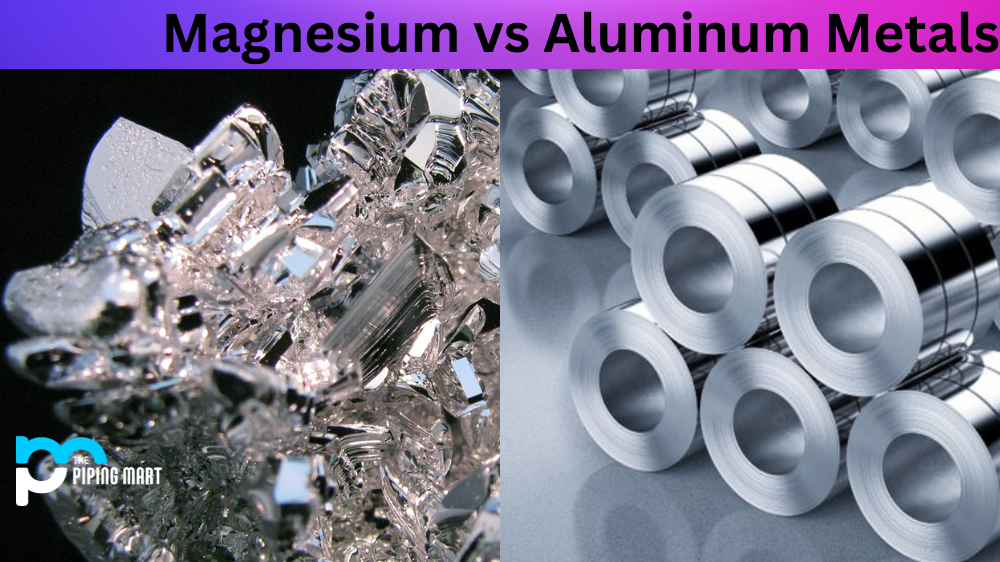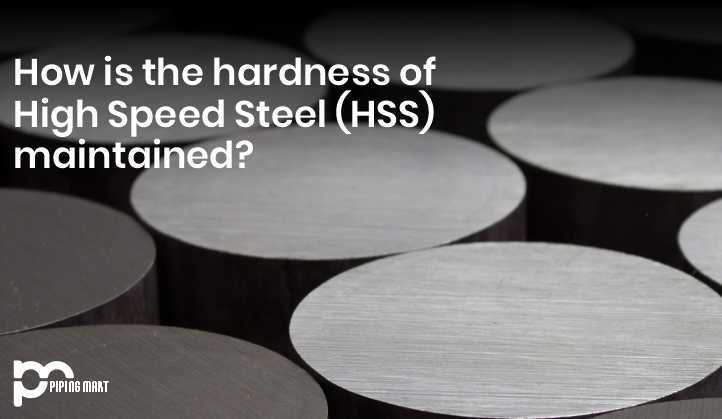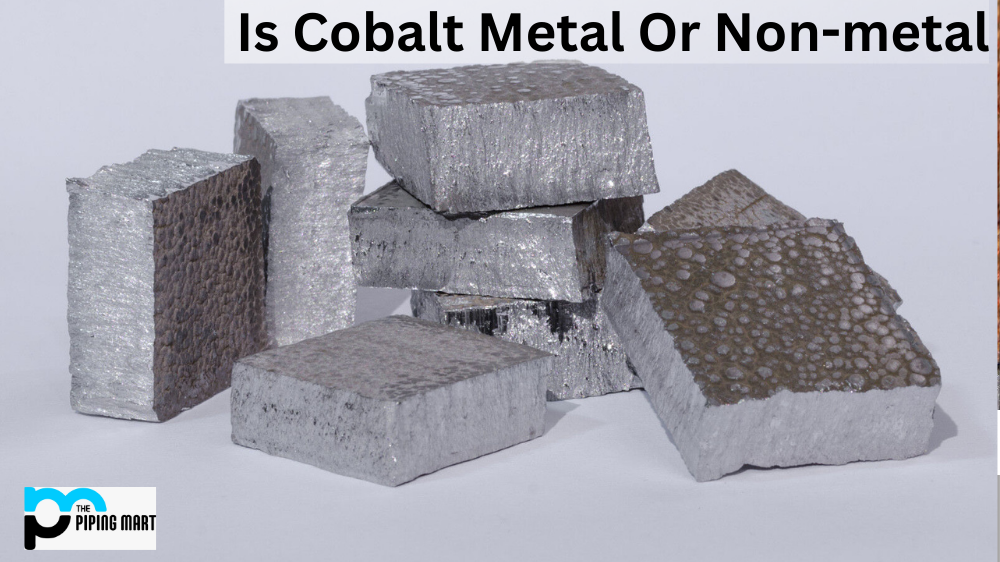Magnesium and aluminium are two metals with a wide range of uses, from industrial to recreational. While the two metals have many similarities, there are also some important distinctions that should be taken into account when choosing between them. Let’s take a look at what sets magnesium and aluminum apart.
Physical Characteristics
Magnesium is a light metal with a low density. It has an excellent strength-to-weight ratio, making it ideal for applications where weight is a major consideration (such as aircraft construction). It is also highly corrosion-resistant, making it ideal for outdoor use. Aluminum is also lightweight but has a slightly higher density than magnesium; this makes it slightly more rigid than magnesium but also slightly less corrosion-resistant.
Chemical Characteristics
Magnesium has high thermal conductivity and electrical conductivity, making it useful in electronic applications such as LED lighting fixtures. It is also highly reactive with oxygen, so it must be stored in an inert atmosphere or sealed container when not in use. Aluminum, on the other hand, has low thermal conductivity but excellent electrical conductivity; this makes it ideal for applications requiring good electrical conduction, such as wiring or electronics components. Aluminum is also much less reactive with oxygen than magnesium, making it easier to store without oxidation occurring.
Type of Applications
Because of its excellent strength-to-weight ratio and corrosion resistance, magnesium is often used in aerospace and automotive parts as well as other transportation components (such as bicycles). Its high reactivity with oxygen means that it must be stored carefully to prevent premature oxidation; however, its low reactivity makes it ideal for sports equipment such as baseball bats and golf clubs due to its durability and stability over time. Aluminum’s low thermal conductivity makes it suitable for applications where heat dissipation needs to be minimized (such as insulation materials), while its outstanding electrical conductivity makes it ideal for electronics components (such as circuit boards).
Difference Between Magnesium and Aluminum Metals
Magnesium and aluminium both have their own unique set of characteristics that make them suitable for different types of applications. When deciding which metal to use for your application, you need to consider the physical characteristics (density/strength) and chemical characteristics (reactivity/conductivity) of each metal in order to determine which one will best suit your needs. No matter what you decide upon, though, both metals are strong enough to get the job done!

Pipingmart is a B2B portal that specializes in metal, industrial and piping items. Additionally, we share the latest information and information about materials, products and various types of grades to assist businesses that are involved in this business.




